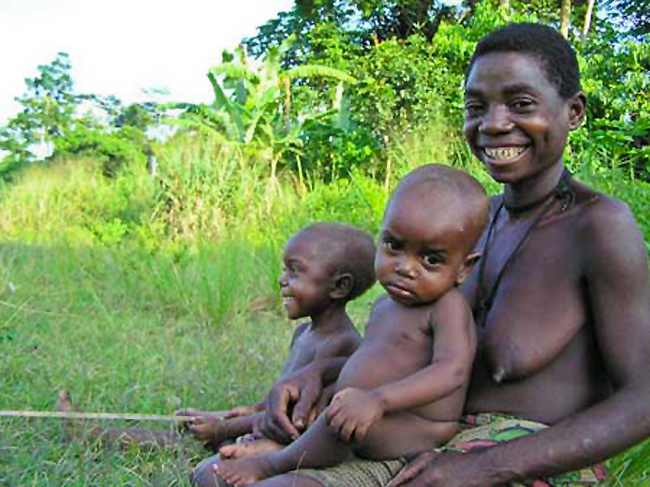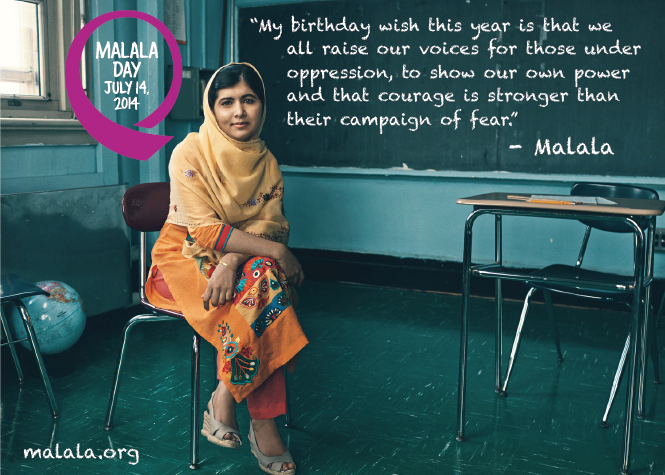Many US state legislatures are pushing personhood for zygotes and embryos. There is even a movement to put it into the US Constitution. For Women’s History Month, I am reposting this video: It’s a Missed Period.
Tag Archives: women
Ejaculate Responsibly

In her video, Dr. Anth Talks: Ejaculate Responsibly, Dr. Anth presents the 28 Arguments of Gabrielle Blair as outlined in her book: Ejaculate Responsibly: A Whole New Way to Think About Abortion.
For more on the power of condoms, watch this TED talk given by Thailand’s “Mr. Condom”: https://www.youtube.com/watch?v=EL9TBKSdHXU
Autoimmune Disease & Vitamin D Deprivation

In the Northern Hemisphere, we are now moving into the Fall and Winter Seasons. This period of time is also when Vitamin D deprivation increases unless individuals increase their daily intake of Vitamin D3 supplementation.
Please listen to this Mentza conversation to learn more about the relationship between autoimmune diseases and Vitamin D deprivation.
Women Lose Legal Personhood
On June 24, 2022, the United States Supreme Court decided 6 to 3 that women (and others who can become pregnant) no longer had control of their bodies and their reproductive decisions.
International Women’s Day
March 8 is International Women’s Day.
More than a day to celebrate women, it is a day to consider what actions still need to be taken for all women to achieve equity with men so that women can live the lives of their own choosing.
Watch these videos to learn more about the societal changes that are needed to improve the lives of women.
Being a Woman
The Being a Woman Playlist from Dr. Anth Talks is focused on the biological, cultural, and social needs of women.
Going Rogue
One
Last night, I went with my family to see Rogue One: A Star Wars Story. Prior to the film, there were two commercials. The Google ad celebrated the beauty of diversity and togetherness. The Apple ad was a clear statement that we should push past our fears of the different and take the time to help those in need who do not look like us. When we do that, we will find that we share a common humanity, no matter how different we appear. These themes are not only appropriate to the season, but are also expressed in the film.
Two

Prior to watching the film, I’d read some posts that noted that white supremacists were not at all happy with the film and wanted to boycott it. Having now viewed the film, I can see why they might be ticked off. The Empire evil-doers are all white males. I did not see any females, white or otherwise, among the Empire leaders and rulers.
On the other hand, there were few white males among the leaders of the Rebellion. The Rebellion displayed the actual diversity of the Galaxy, with women well-represented in the leadership. None of the main characters of the Rebellion were white males, although white males did appear in the combat scenes.
Rogue One is clearly making the point that when white males are in sole charge, the Galaxy is at risk. It takes diverse men and women working together to combat white male dominance and save the Galaxy.
Three
The Empire built the Death Star to make resistance futile. But the Rebellion shows that resistance is not futile. Diversity that Builds Bridges can resist White Supremacy that Builds Walls.
#TheResistance #ResistTheTroll
Natural Parenting
I define “Natural Parenting” as that which humans did for at least 2 million years and which, until recently, most modern foragers also did. If this type of parenting worked successfully for millions of years, maybe we ‘moderns’ should think about modifying modern life to better incorporate natural parenting.

Some parents are doing a modified version of natural parenting called ‘attachment parenting.’ Mayim Bialik has written a book (Beyond the Sling)which discusses attachment parenting in great detail using her experience and that of her husband in raising their two sons, along with some anecdotes of their friends. And, yes, this is written by ‘Amy’ from the Big Bang Theory. She is an actual neuroscientist with a PhD: she studied the hormones of attachment . Both her education and experience provide credibility for advancing the idea that attachment parenting is the way children should be parented.
As can be seen in a comparison of what I wrote in Natural Parenting and what Bialik writes in Beyond the Sling, we have many points of agreement, particularly that breast is best and co-sleeping is a great idea that encourages breast-feeding on demand.
If you are thinking about getting pregnant or already young children, I recommend this book on attachment parenting as the natural way to parent with 3 BIG caveats.
1. A vegan diet is not natural for humans. We need a diet with about 20% animal protein. The reason her kids nurse for 4 – 5 years is that they NEED the animal protein of her milk in order to be healthy. Clearly, she enjoys this type of attachment so much that she has not considered the biological reason her children are nursing well beyond the usual age of weaning.
2. Homeopathy ‘treatments’ are psychological (placebo), not physical. If they do no harm and make you feel better psychologically, I suppose they are not a problem. However, if you think they will actually cure an illness, think again.
3. I cannot believe that a neuroscientist would so foolish as not to vaccinate her children! The non-vaccinating crowd is too young (under 55) to have lived through the horrors of epidemic diseases and do not realize that their ‘choice’ could have devastating consequences not only for their own kids, but for babies, the elderly, and immuno-compromised individuals who cannot be vaccinated and who will become ill when exposed to her unvaccinated kids.
Those caveats aside, much of Bialik’s advice on parenting is very good. Unfortunately, modern work situations do not provide the flexibility that Bialik, as an actress, has to fully implement attachment parenting. She realizes this as she gave up the opportunity for an academic career because it would make attachment parenting almost impossible.
Women who want or need to work, but lack the flexibility that Bialik has, encounter tremendous difficulties in being the parents they would like to be. Attachment parenting is not even an option. Liz O’Donnell makes this clear in her book Mogul, Mom, & Maid: The Balancing Act of the Modern Woman. Twenty-five years after The Second Shift was published, women who work outside the home or as entrepreneurs are still doing the vast, vast majority of housework and childcare. This has to change. O’Donnell uses the stories of a wide variety of women to detail the problems and outline the solutions. One of the things that needs to change is the idea that childcare is a woman’s issue. It is a parental issue. Businesses and the school system must be modified so that both men and women can be fully-involved parents.
Attachment and natural parenting would have more of a chance to occur if parents in the United States were given paid maternal and paternal leave, as is the case in all other advanced countries in the world. In fact, there are only 3 other countries in the entire world besides the US that do not provide paid maternal leave. The United States also needs to provide better childcare options for parents. Having businesses and schools provide on-site childcare would be a tremendous help. Expanding the childcare tax credit and updating the 1976 reimbursement levels to 2014 levels would also make life easier for parents. It may also make sense to move from a state that does not support working mothers.
Natural parenting has been effective for millions of years. If we want physically and psychologically healthy children, we need to modify modern society to enable natural parenting.
Celebrate Malala Day!

Join millions around the world celebrating the power of education to change the world.
Positive Deviance
The Positive Deviance Initiative defines Positive Deviance as an approach that realizes “…that in every community there are certain individuals or groups whose uncommon behaviors and strategies enable them to find better solutions to problems than their peers, while having access to the same resources and facing similar or worse challenges.”
This methodology has been used by the Initiative in a wide variety of contexts. One of the first initiatives involved improving child nutrition in Viet Nam. Researchers to villages with high levels of child malnutrition found that not all children were malnourished. They studied the mothers with healthy children to see what these “positive deviants” were doing differently and then asked those women to teach the other women. Malnutrition was reduced.
Another action involved altering cultural perceptions towards female genital mutilation in Egypt and other countries. When women and men listened to stories of local women who had not been ‘cut’, were not promiscuous, and were able to marry, attitudes began to change. Change was further propelled by women who told their stories of how ‘cutting’ had ruined their lives.
A major problem in culture of honor societies, such as those in Afghanistan and Pakistan, is the negative attitude of men towards women. Misogyny is rampant and fierce. How can positive deviance tackle this problem? Fortunately, we have an important example of positive deviance in Ziauddin Yousafzai.

Although raised in a very traditional family in a small community in Pakistan, Yousafzai valued education so much he decided to become an educator and open schools for both boys and girls. His first child was a daughter. Instead of ignoring her, he made sure she knew she was valued and that she received a quality education. Thanks to this positive deviant father, Malala has become a voice heard world-wide making the case for educating all girls everywhere.
Positive deviance is dangerous in regions controlled by the Taliban and like-minded men. What can we do to find and support positive deviants?
